What is Artificial Intelligence?
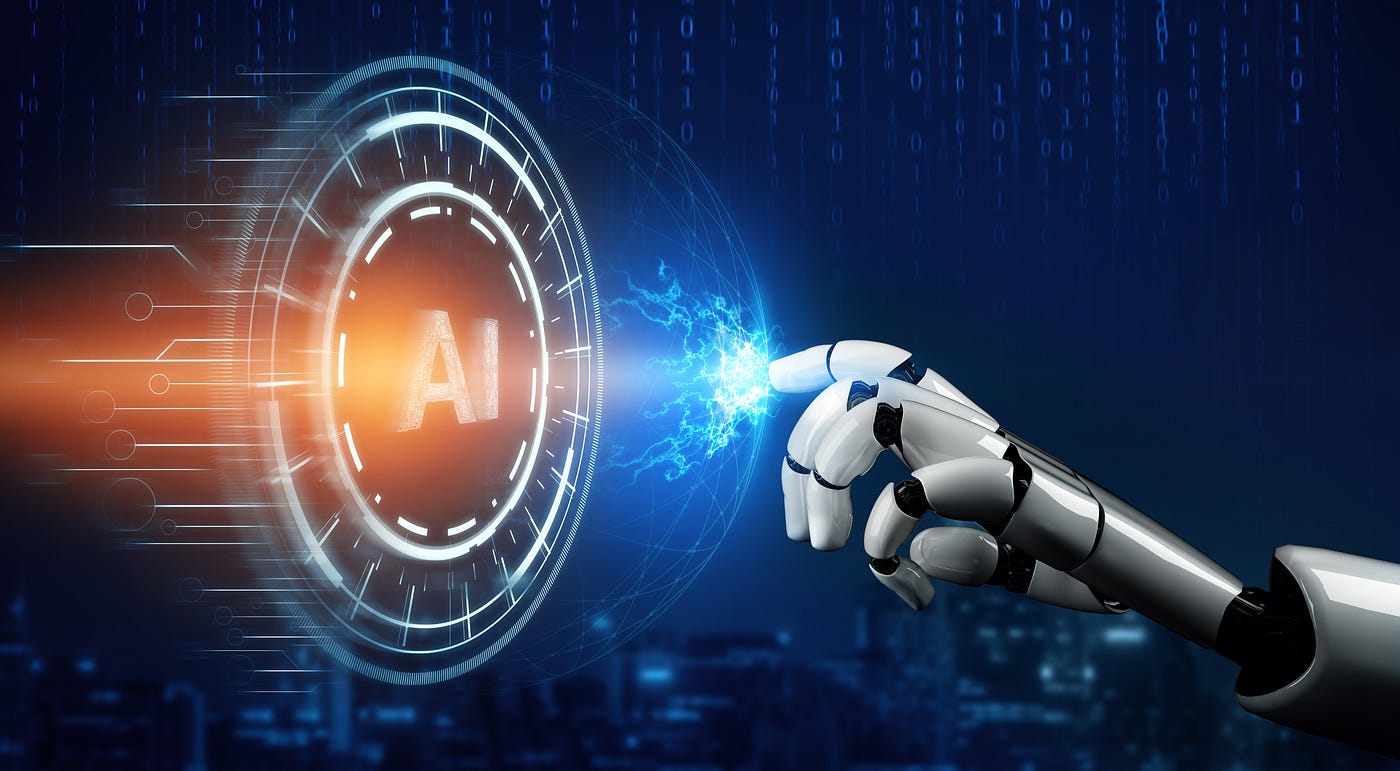
Artificial Intelligence (AI) has transformed the IT industry by improving efficiency, automation, and decision-making. Due to technology development, its growth impacts more areas of the future of IT, such as commerce, cybersecurity, and software development. In this blog, let’s explore what will be the AI’s next step in the IT industry, what will be the trends in future, and how business can leverage AI for innovation and growth.
Future of AI in IT industry
1. AI-Powered Automation
Automation has been the strongest contribution of AI to It. The steps include:
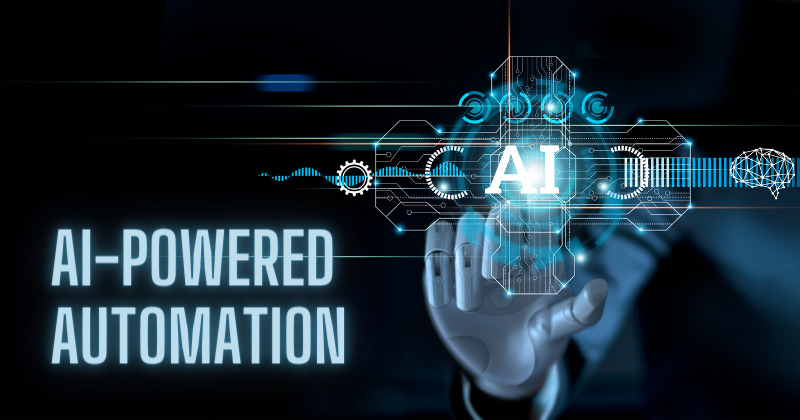
- Hyper Automation: AI will change from basic automation to include machine learning(ML), robotic process automation (RPA), and natural language processing(NLP) for business processes.
- AI in DevOps: DevOps continuous integration and continuous deployment (CI/CD) pipelines will be more efficient with AI-assisted code testing, debugging, and software deployment.
- Automated IT Helpdesk: Virtual assistants and AI chatbots will provide real-time IT helpdesk support with less input from humans while achieving faster response times.
2. AI In Cyber Security
As cyber threats continue to increase, AI is evolving in its role to enhance security:
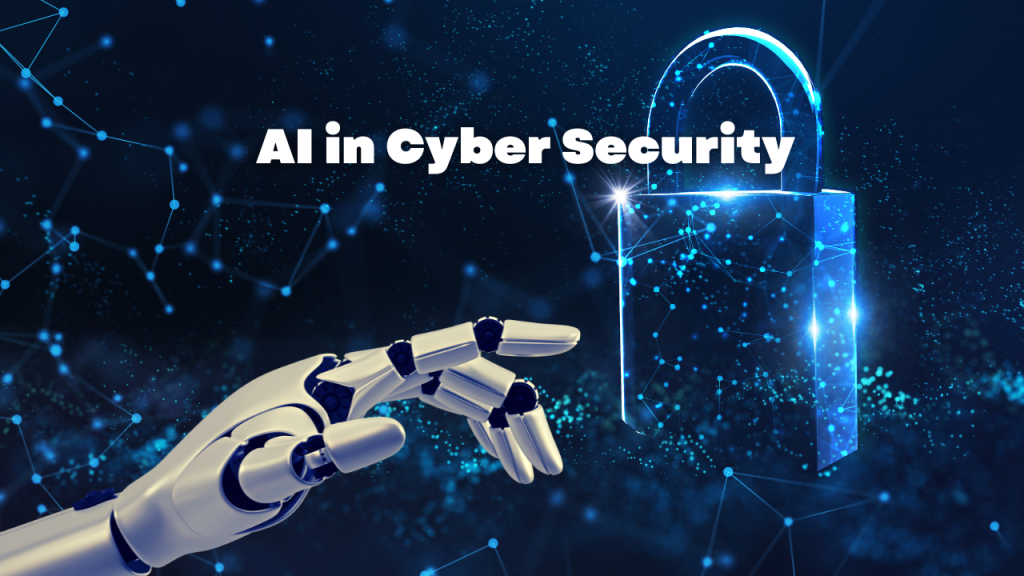
- AI-Powered Threat Edison: AI will detect vulnerabilities by sophisticated algorithms and predict cyber attacks that may be housed within them even before they happen.
- Behavioural Analytics: AI would now study user behavioral patterns to discover anomalies and block fraud.
- Automated Incident Response: AI would respond to security incidents in real time to minimize damage and data loss.
3. AI In Software Development
AI is changing software development processes from design to release:
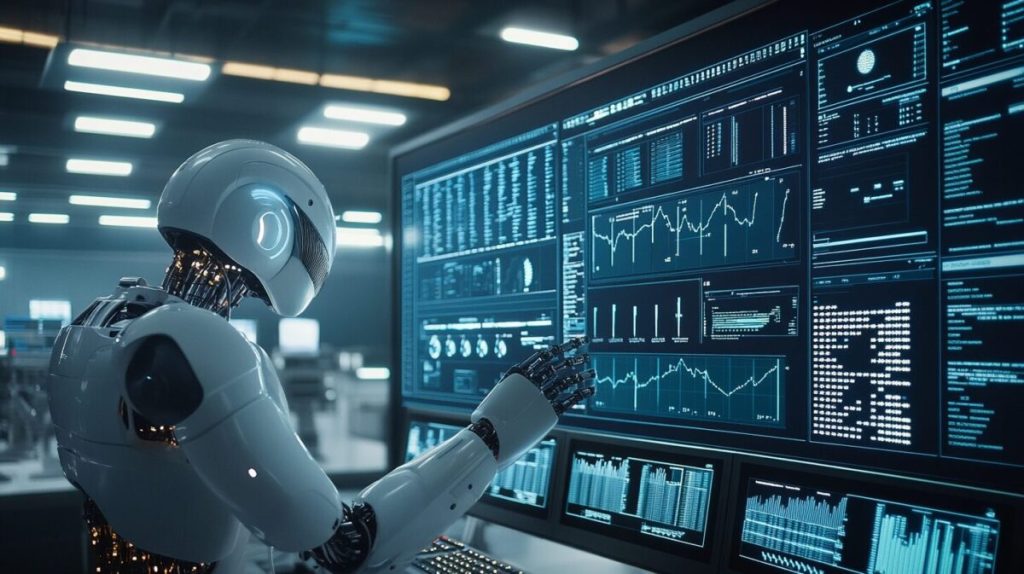
- AI-Based Code Generation: GitHub Copilot and ChatGPT are sought after by developers who need the popularity of auto-coding snippets and recommendations for improving code.
- In bug detection and fixing: Testing tools using AI automatically see bugs and keep down software development time.
Calm Code will enable beginners or non-coders to develop full-fledged applications with little to no input on code.
4. AI-Powered Data Analysis
Data is the hub of IT with AI enhancing it for highly sophisticated processing and analysis:
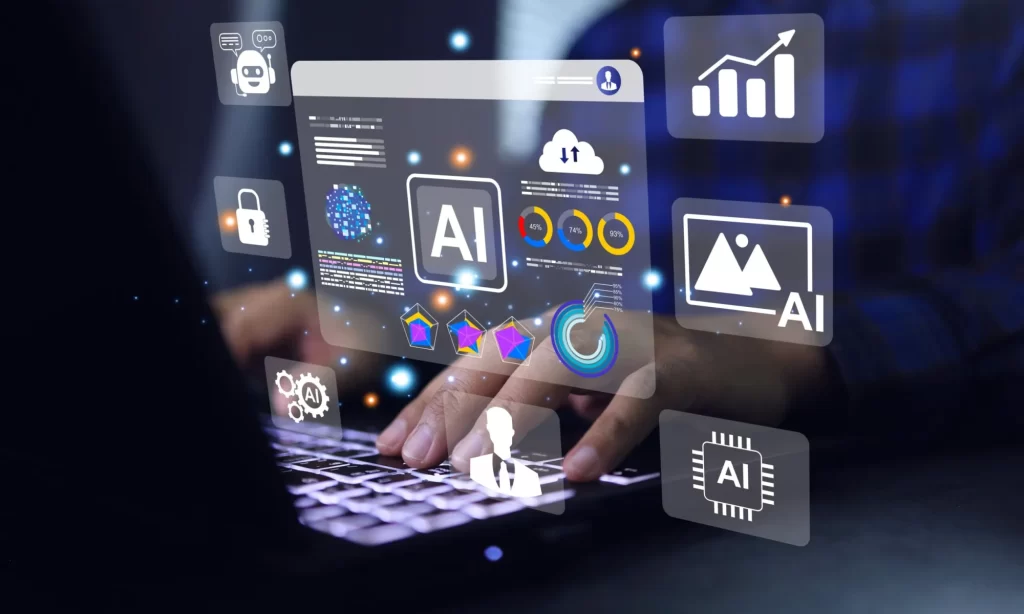
- Predictive Analytics: AI will help firms predict trends, automate in-house processes, and make data-driven decisions.
- Real-Time Data Processing: AI will extract real-time insights from very large data sets to make more refined and efficient decisions.
- Data Compliance and Privacy: AI-powered tools made available to maintain regulatory compliance and safeguard user data.
5. AI Cloud Computing
Cloud services continue to advance under the benefit of AI:
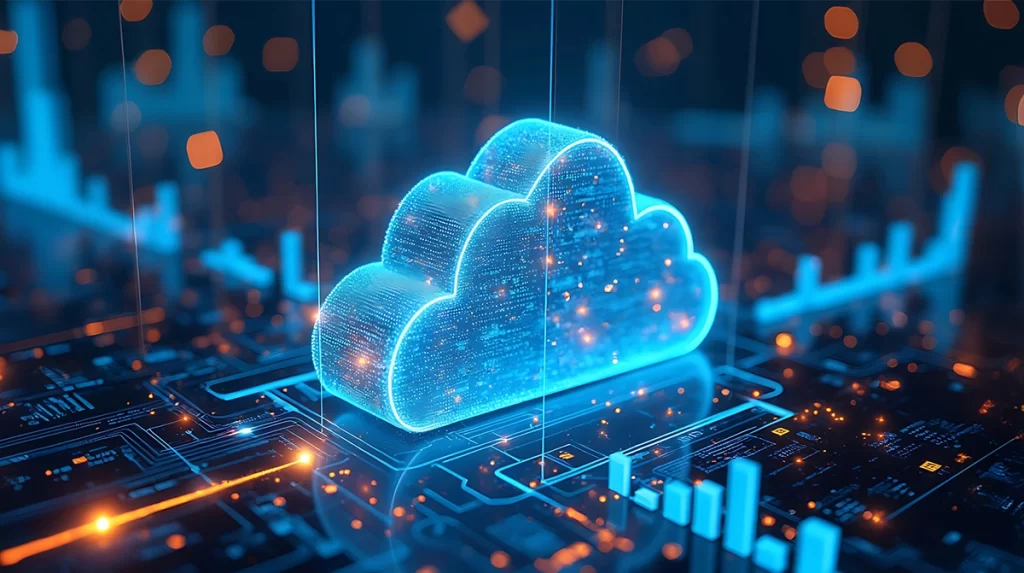
- AI-Optimized Cloud Management: AI will automate resource allocation, reducing operational expenses.
- AI-Powered Security in the Cloud: AI will present significantly better attestation for cloud security.
- Edge AI Computing: AI will process data closer to the generation source, thus minimize latency and maximize efficiency.
6. AI and IoT
This union will give birth to intelligent machines and networks.
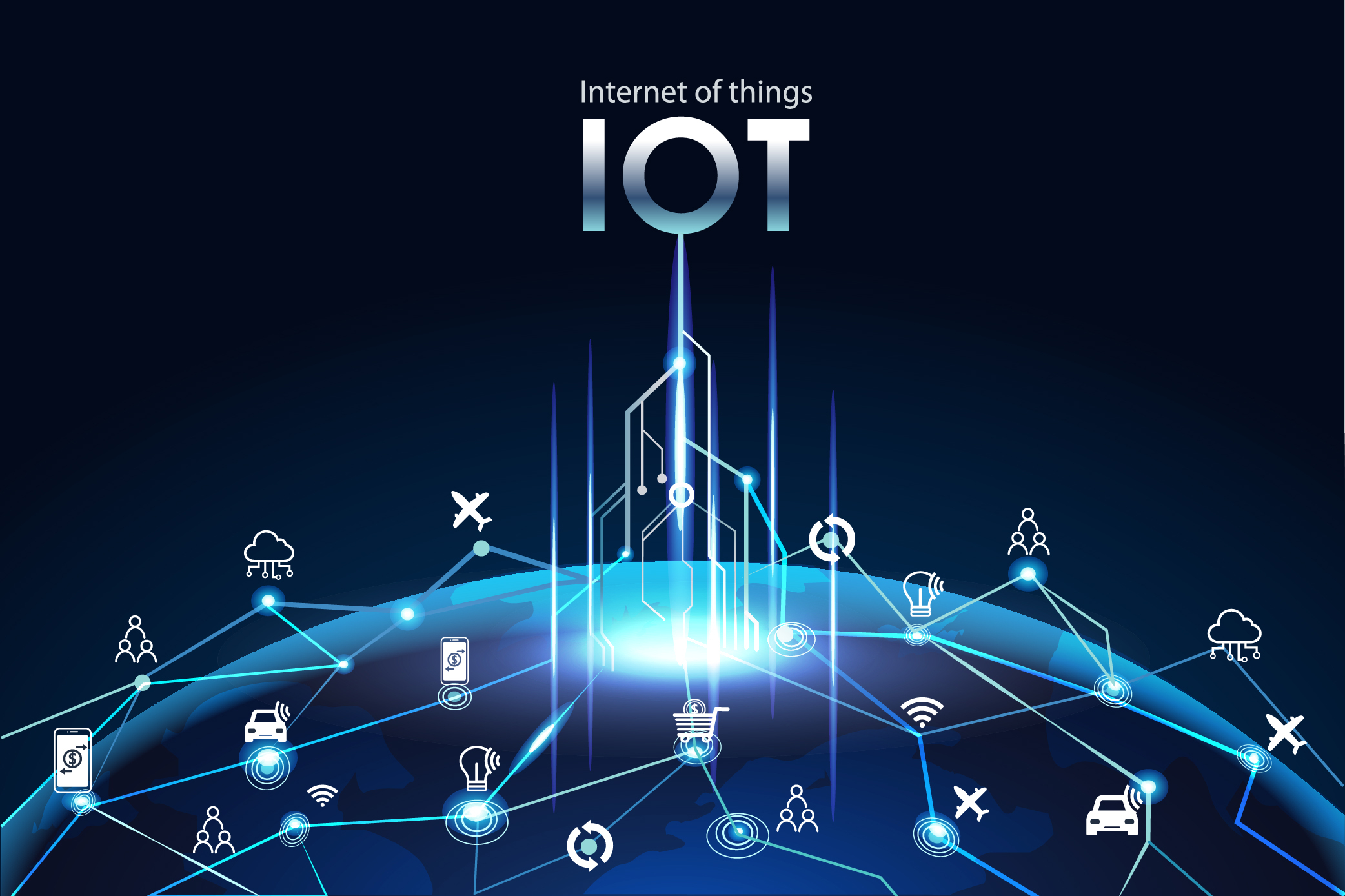
- Self-healing Networks: AI will locate and remedy network problems in real-time.
- AI-Enabled Smart Devices: AI-infused IoT devices will autonomously make decisions targeting increased efficiency.
- Predictive Maintenance: AI will anticipate failure in IoT devices, minimizing downtime and maintenance costs.
7. AI in IT Infrastructure Management
IT infrastructure management will become more efficient with AI:
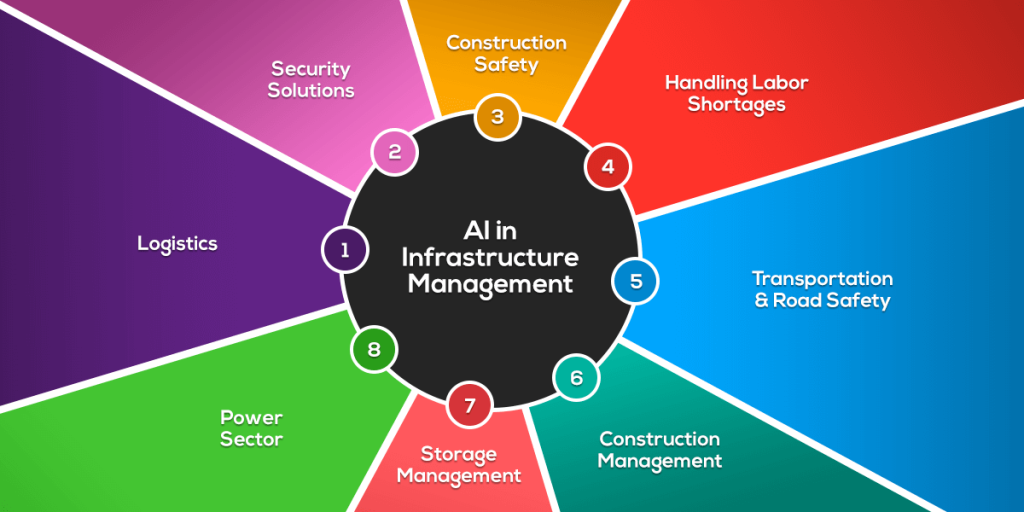
- AI-Driven IT Operations (AIOps): IT operations will be automated by AI, improving system performance and fault detection.
- Network Management: AI will provide optimized settings and exclude the possibility of network outages.
- Database Management: AI will enhance performance, security, and space optimization in databases. Future of Artificial Intelligence
8. AI and Ethical Considerations
As AI expands, ethical issues need to be tackled:
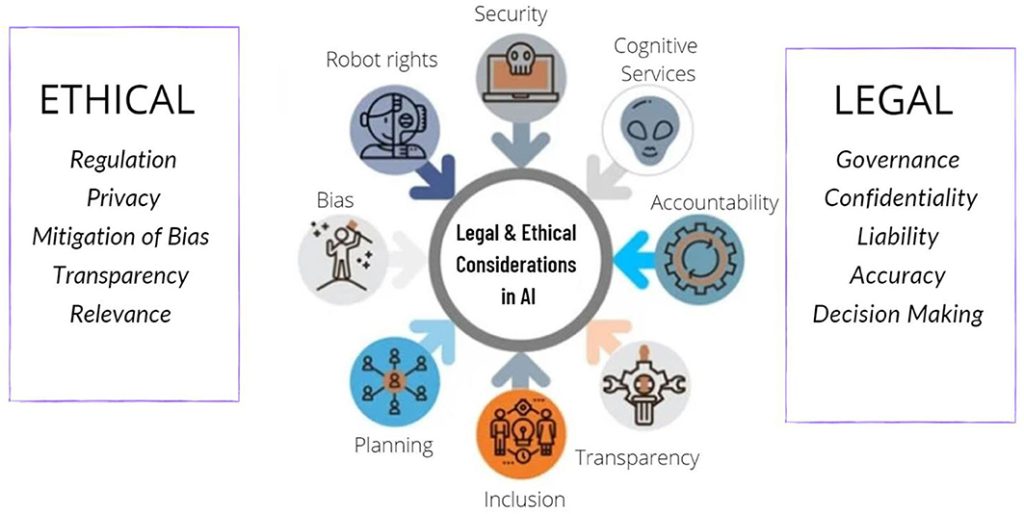
- Bias in AI Algorithms: Developers of AI need to maintain fairness and remove biases in decision-making.
- AI Governance and Regulations: Governments will enact policies to govern AI applications.
- AI and Job Displacement: AI will generate new employment opportunities while streamlining repetitive tasks.
9. Future of AI in IT
In the future, AI will continue to revolutionize IT with:
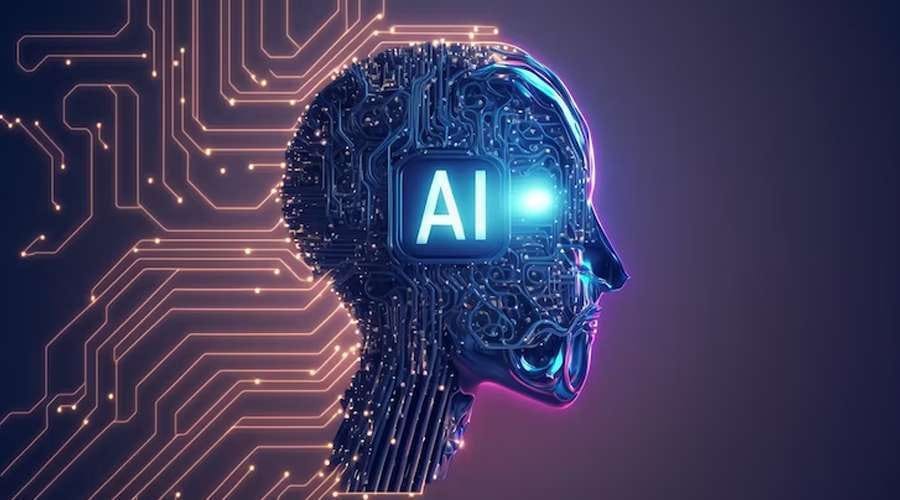
- AI-Driven Innovation: AI will fuel new technological innovations in IT.
- Quantum AI: AI and quantum computing will crack hard IT problems.
- Human-AI Collaboration: AI will aid IT professionals, improving productivity and innovation. Top AI technologies
Conclusion
AI is defining the future of the IT sector, ranging from automation and cybersecurity to software development and data analytics. With the growth of AI, companies need to adopt its potential while resolving ethical issues. By using AI efficiently, organizations can fuel innovation, efficiency, and competitive edge in the continuously changing IT environment.



